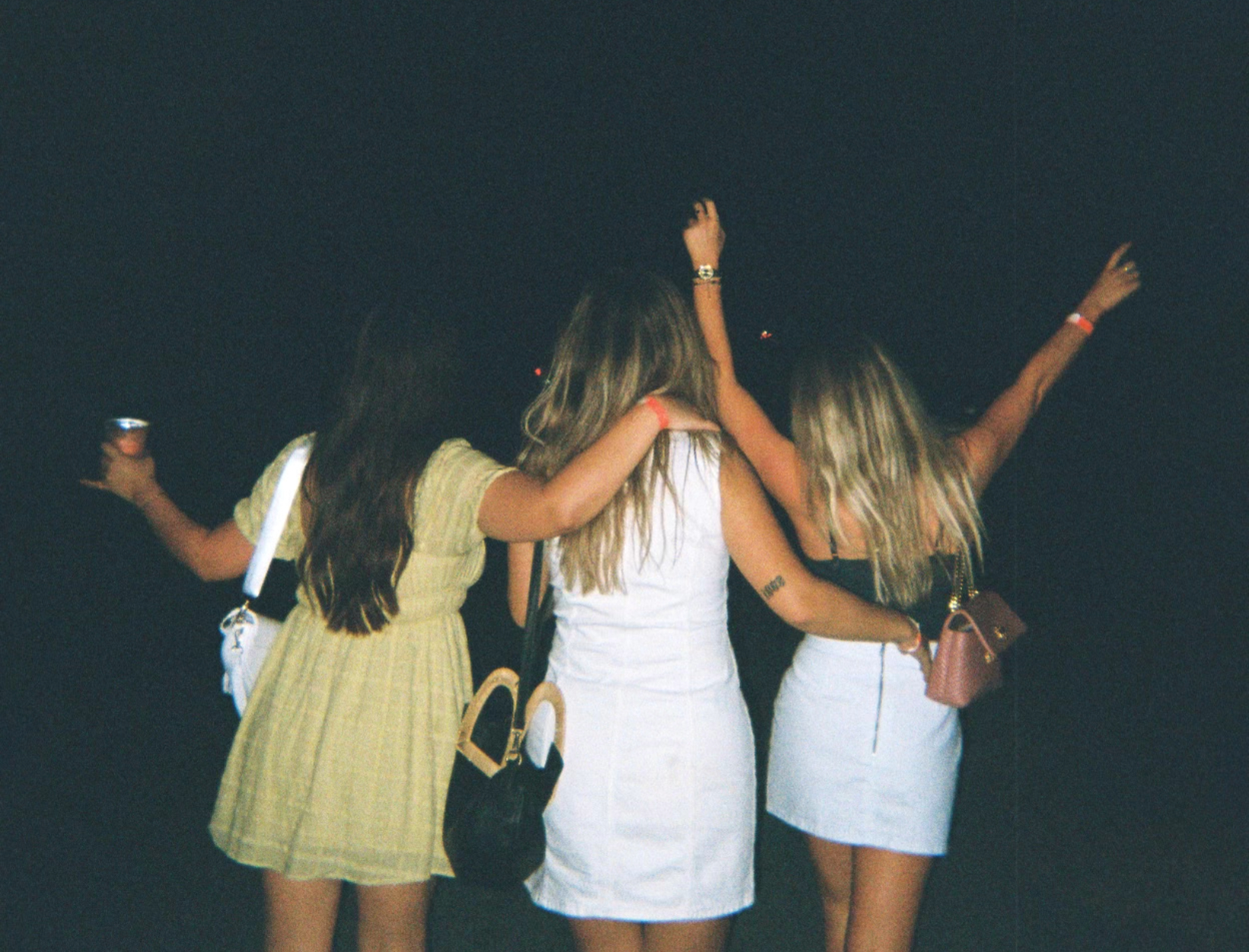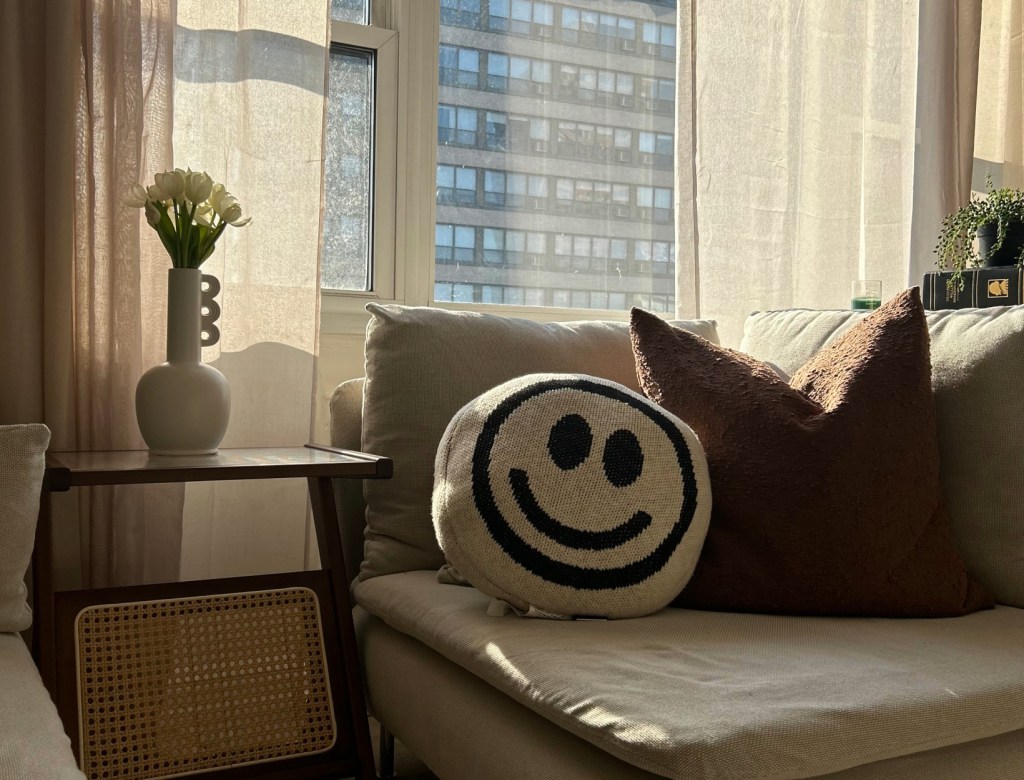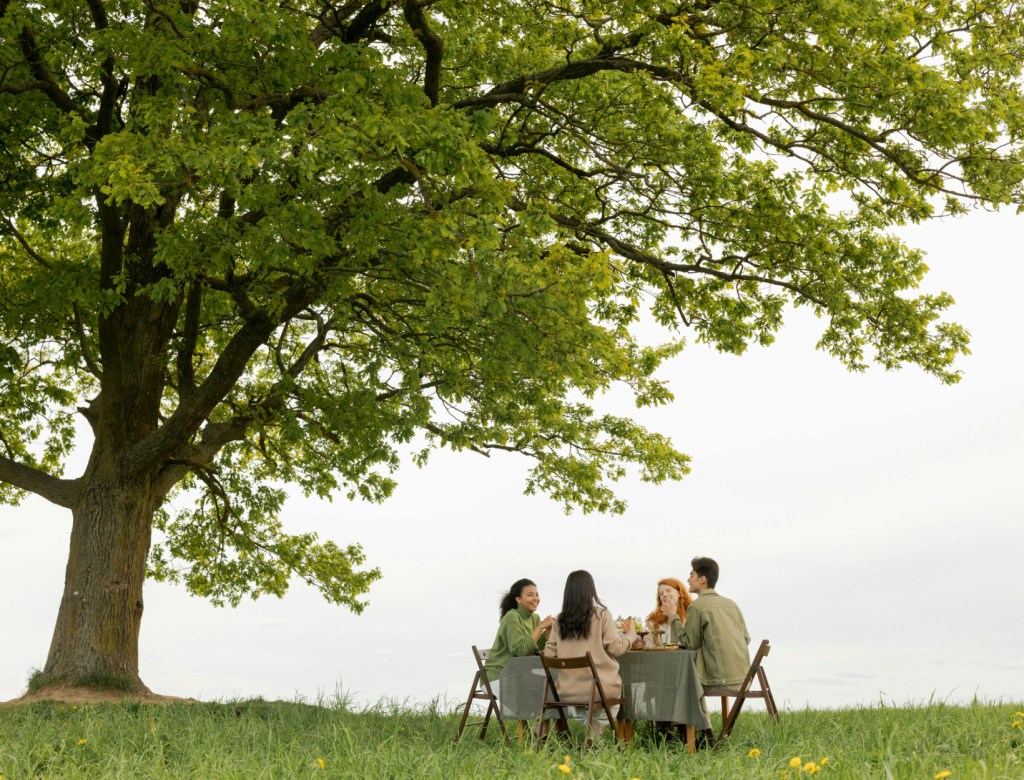If You Think Your Friendships Suck, Maybe You’re the Problem

Making friends as an adult is like trying to solve a Rubik’s cube blindfolded. You know it’s possible in theory, but every attempt feels futile and slightly embarrassing. While headlines shout obsess over the male loneliness epidemic, make no mistake—women aren’t coffee klatching the way they used to, and they’re quietly struggling, too. Juggling careers, overwhelmed by schedules, and feeling exhausted by drama leaves many wondering why maintaining friendships feels harder than maintaining a sourdough starter.
Madi Murphy captures that ache on The Bad Broadcast: “Women need women.” Her declaration sets the stage for practical, sometimes spicy, lessons on how to be a better friend—and why that effort always starts in the mirror.
Why do adult friendships feel impossible?
While social scientists track men’s shrinking circles, Murphy points out that grown-up women often struggle to keep a crew together. Careers scatter college roommates, parenting schedules replace happy-hour hangs, and dating apps steal our limited free time. That’s why Murphy urges listeners to treat friendship like any other relationship; define expectations, communicate needs, and protect the bond from rust. “You can’t expect a village and not be a villager,” she advises.
Friendship boot camp: The 3 pillars of being a better friend
Murphy’s blueprint for friendship isn’t about being perfect. It’s about being intentional. Her approach hinges on three big habits that separate casual acquaintances from ride-or-die friends.
Lead with generosity. When you spot a potential pal, resist the hard sell. “Drop a little bread crumb,” she suggests. “Compliment them, make a little joke, send them a little meme.” The goal is a low-pressure connection that invites equal effort without being overwhelming or “doing too much.”
Kill comparison before it kills the vibe. Jealous scrolling is friendship cancer: “Jealousy is genuinely the lowest vibrational energy that one can ever have,” Murphy says. Celebrate your friend’s promotion like it’s your own, or hit mute until you can.
Assume the best—always. Murphy keeps a mental safety net in place. “The baseline is ‘we’re good,'” she says. If a text goes unanswered, she sends encouragement instead of spiraling into suspicion.
Murphy adds that the payoff from these principles is massive: “I truly believe [that] my best friends would jump into oncoming traffic for me.” That ride-or-die loyalty grows when you invest first and keep investing.
Signs you might not be the friend you think you are
Here’s Murphy’s big reality check: If you’re constantly disappointed by your friendships, the problem might not be everyone else. If you chase more than you listen, it’s time to take a step back. “Don’t push, don’t force it,” she advises. Some are going through things you may not see, and some people are introverts who need more space.
Another red flag is treating friendship like a competition. If your group chat feels like a scoreboard, you need new friends—or you need to be a better friend. “You are not meant to be friends with everybody,” Murphy notes. Stop clinging to every new contact like Velcro or trying to turn every casual interaction into a deep, meaningful bond. Give people space to breath and to exist in your life at whatever level feels natural to them. Not everybody is your soul sister!
Perhaps more importantly, real friendship requires showing up for the hard stuff. “If you cannot sit with somebody’s venting…then you are not ready to be a friend,” Murphy says. Everybody will celebrate at your wedding, but only your friends will cry at your funeral. If you bail when conversations get heavy, you’re not a true friend.
Finally, examine your own reciprocity habits. “If you’re not ready for the reciprocity, you’re not ready for [friendship],” Murphy points out. Along those same lines, stop expecting bestie-level support if you’re not prepared to give in return. It’s okay to have a casual friend—we all have those—but be honest about what you’re actually offering versus what you’re hoping to receive.
Be the friend you wish you had
Murphy’s mantra sums it up: “Be the friend you wish to see in the world.” Friendships shouldn’t drain your battery; they should charge it. Send the meme. Schedule the coffee. Offer the spare couch. When you consciously choose to be a better friend, better friends choose you right back—and suddenly, loneliness has a lot less space to grow.




















Leave a Reply